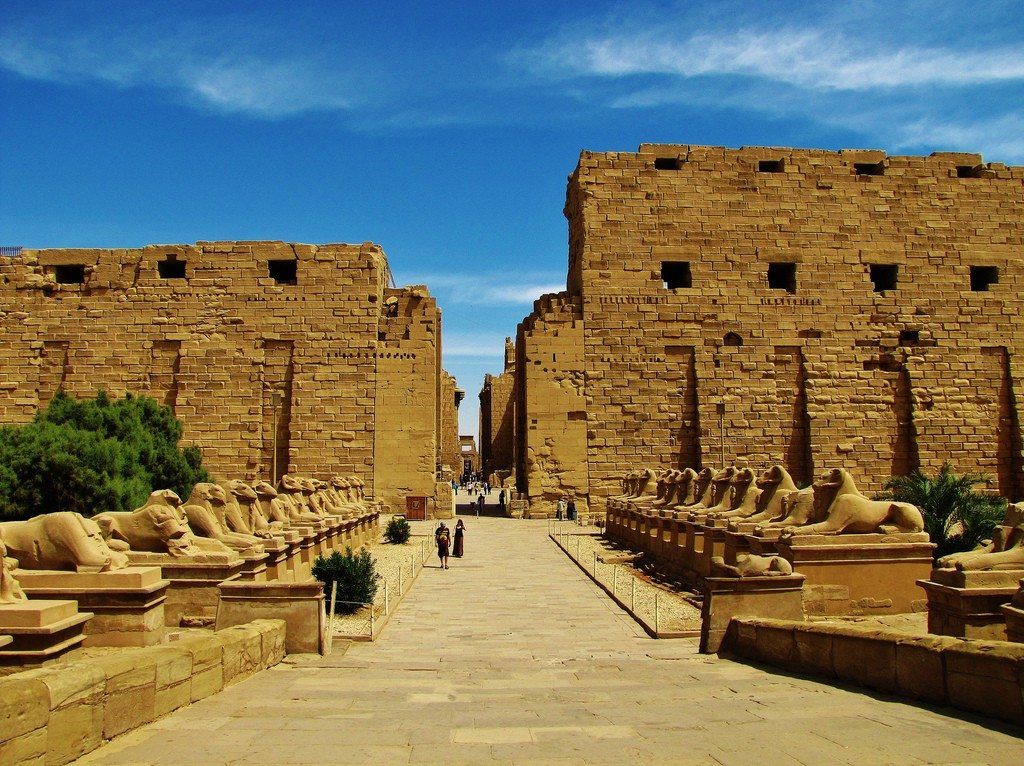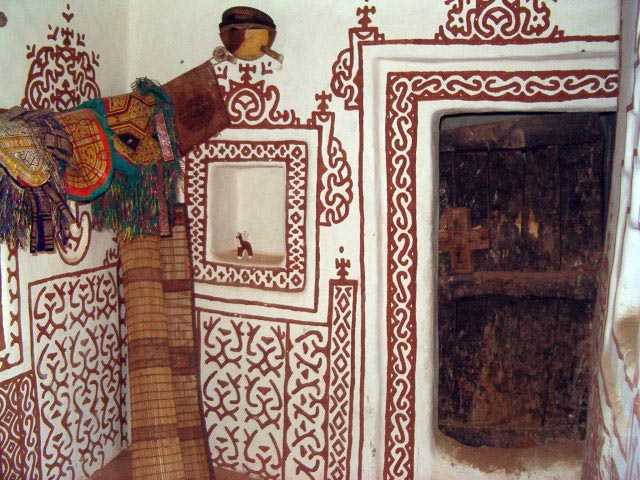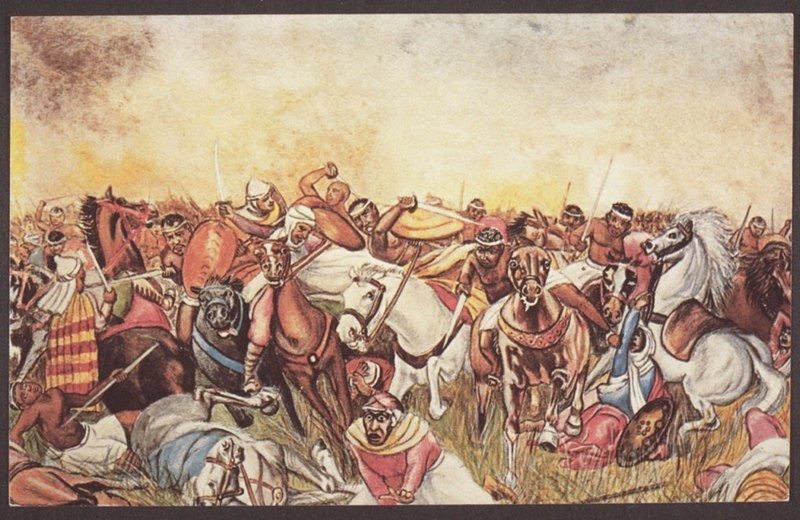Ancient Ghana, or the Old Ghana Empire, has nothing to do with modern Ghana at all – it’s not even in the same place, being some 400 miles to the north and west of modern Ghana, and consisting of, very roughly, what are now known to be Northern Senegal, Southern Mauritania and a bit of Southwestern Mali. In fact, ‘Ghana’ wasn’t the empire’s name, it was the title of its ruler (it means ‘warrior king’) and the empire itself was actually called Wagadugu, or Wagadou – or the Soninke Kingdom, depending on which account you’re reading.
Recommended Reading: 10 Ghanaian Newspapers for all your Latest News

Timeless Events of Ancient Ghana Empire
1. 300/800 AD – The Start of the Old Empire of Ghana
No-one’s entirely sure when it happened exactly – it is well over a millennia ago now, and people weren’t very good at accurate record keeping back then – but somewhere between those two dates (probably) the Empire was formed under the ‘semi-divine’ Dinga Cisse, leader of the modern-day Senegalese, then known as the Soninke people. At this time the domestication of the camel began to bear fruit and transportation of goods around the dry desert areas of North Africa became significantly easier.
2. 800 AD – The “Official” Founding of the Old Empire of Ghana
This is the earliest date at which the Empire was definitely known to exist, so it has generally been taken as the ‘official’ start date.

3. 992 AD – Ghana captures Awdaghast
Although known for its trade connections, the empire was pretty handy with its weapons, too, and expanded itself considerably by attacking and capturing neighbouring cities and regions. Awdaghast was a city along the trans-Saharan trade route to the north of the original empire and that entire area became part of the expanded empire.
See Also: 10 Best Ghanaian Universities You Must Know
4. 1000 – The Old Empire of Ghana is at its Peak
The Old Ghana empire controlled the trade of all gold and salt in that part of the world, and a good proportion of the then newly discovered element iron, for several hundred years, and this was the major thing that made it so powerful. It was an intermediary, controlling the trade between the Berber and Arab salt traders that were north of it and the ivory and gold producers to the south. By this time, it had extended to incorporate large chunks of these areas as subjects of the empire and claimed tributes from them, including some of the richest gold mines in the world at Bambuk, on the Senegal River (a location that was a closely guarded imperial secret at the time). Its capital, Kumbi Saleh, was the hub of all this trade, and Ghana had an organised taxation system in place to make sure it received its dues from it all, and a standing army of around 200,000 warriors who supplied security and safe passage to the many caravans on its trade routes.

5. 1040 – Bassi ascended to the Throne
Bassi was the second last ruler of the empire, ruling until 1062. The fast developing skills of the Ghanaians in iron-working led to much stronger weapons that had hitherto been known, such as iron-tipped spears, and contributed considerably to the empire’s battle successes. These battles also provided the empire with large numbers of slaves to carry out the physical labour needed in mines and on their many rich farms.
6. 1054 – Ibn Yasin captures Aoudaghast
Although not converted to Islam themselves (unlike most of the rest of North Africa), the Ghanaians did allow Muslims to live among them, a generosity that led to the beginning of the end of the empire – that and the obvious wealth and resources to be found there – as a group of Muslims to the north calling themselves the Almoravids decided to attack them and began the break up of Ghana. The first obvious indication of this was when the Almoravid, Ibn Yasin, marched south and captured the Ghanaian city of Aoudaghast.

7. 1062 – Tunka Manin takes the Throne
Some histories show that it was not just the attacks of the Almoravids that contributed to the downfall of Ghana; around that time, new gold mines began to be worked at Bure (in modern Guinea), which was out of the commercial reach of the king of Ghana and broke his monopoly on the trade. There were also long droughts that weakened the empire’s ability to sustain its farms and herds. New trade routes began to open up to the east, taking more and more tradeoff that way. Also, as the central authority began to weaken, the subject tribes began to break away from the empire and reclaim their own lands.
8. 1076 – Abu Bakr captures Kumbi Saleh
The decline of the Old Ghana Empire began in earnest when in 1076, when the Almoravid’s leader, Abu-Bakr Ibn-Umar, captured Ghana’s capital city, Kumbi Saleh, and thus effectively conquered Ghana.
9. 1180 – Ghana rose again … Briefly
The Almoravids only stayed for a few years, and after their departure in 1087, the Empire recovered to some extent, although the Soninke warriors were now scattered all over North Africa and there was very little military or economic cohesiveness any longer.
10. 1203 – Soso attack brings on the End
An anti-muslim group called the Soso (or Susu, or Sosso) arose in a small northern area of the original empire under its leader, Sumanguru, and their attack on Ghana in 1203 finally finished the last of the Ghanaians’ authority. Another small kingdom called Kangaba was also growing in the area, and when their dynamic new ruler, Sundiata Keita, took over in 1235 he began to incorporate what was left of the declining empire into his new Mali Empire.
After that, it was just a matter of time before what was left of Ghana was totally absorbed into Sundiata’s Mali Empire and by about 1240, the once immense and powerful Old Empire of Ghana was no more.